Listening to music during class should not only be allowed, but encouraged
Listening to music in class allows students to tune out distractions and focus more on their work.
January 7, 2021
Listening to music during class was always a risky move, especially back in middle school, when it seemed like the only goal of the teacher was to snuff out the students with one AirPod in their ear listening to popular rap music. But what these administrators who make the “no music during class” rule don’t understand is that music helps students perform better in class.
The same rules apply in high school, where the pressure to perform is even more intense and the distractions we faced in middle school are amplified due to the more intense stress and higher stakes. For example, going on your cell phone in middle school isn’t a huge deal and the long term effects are minimal. But in high school, getting distracted by a notification can mean missing an assignment and getting a poor grade. The “no music during class” rule was already unwanted by many students even before the pandemic, but with social distancing having been implemented across the country, the demand from teachers for students’ undivided attention is more difficult to comply with.
School through Zoom is challenging, to say the least. Distractions are everywhere when class takes place on a computer. There are chatting services, social media, YouTube videos, Reddit and video games available to students on technological devices. It’s these distractions that make completing work on time and succeeding in school much more difficult. Every computer application that isn’t school- related becomes a distraction during distance learning. When it comes to staying focused in class, it’s necessary to have a way to tune out distractions. Some students use a different computer than their personal device so as to avoid the many distractions that come with having non-school related applications installed on their computers. Some students uninstalled most of the distractions on their computers, while others have had their parents step in and install parental control programs onto their computers, which is something many dreaded as young kids but find somewhat necessary during these times. But the most successful and common tactic as far as I’ve noticed, is listening to music.
Going back to middle school, listening to music was risky, but in my case, necessary. I have always had trouble focusing in class due to my Attention Deficit Disorder. Listening to music served as a tool I could use to tune out distractions and focus on my work. When I sat down in humanities class to write an essay, instead of constantly being distracted by a weird looking cloud outside or some kids making noise in a physical education class, I was able to turn on a relaxing song and bust out six paragraphs, with little to no distractions and breaks. As someone who has struggled with staying focused, I can say that listening to music is an excellent way to cope with these problems.
Although it may seem like listening to music is yet another distraction, it isn’t, when used properly. But the question remains, how do we utilize music in an effective way, to tune out distractions, while not allowing it to distract from the task at hand? Well, the general rule is to only listen to music when you’re doing independent work, and to turn music off when listening to lectures or completing group work. As for the type of music, something calm and relaxing is preferred since you’re trying to tune out distractions, not create a new one. Following this rule allows a student to tune out distractions when necessary and focus better when completing independent work.
Grinding out work can be challenging when you’re getting pinged in Discord or when you get a Steam invite from a friend, and music can provide a diversion that allows you to focus on work while allowing part of your brain to wander freely. Of all the ways to avoid distractions in class, music is the easiest and most effective, and therefore our school should encourage and allow it during class.




![WASC looks for more than the basic California State standards. According to chairperson Mike Woo, “As new rules and new concerns come up through society, [WASC] look[s] is the school doing something about that. Like the biggest trend post-COVID is mental wellness. So is your school doing something to address the mental health of the students? Along with are they still doing the proper academics?”](https://theburlingameb.org/wp-content/uploads/2024/03/IMG_3401-1200x1200.png)
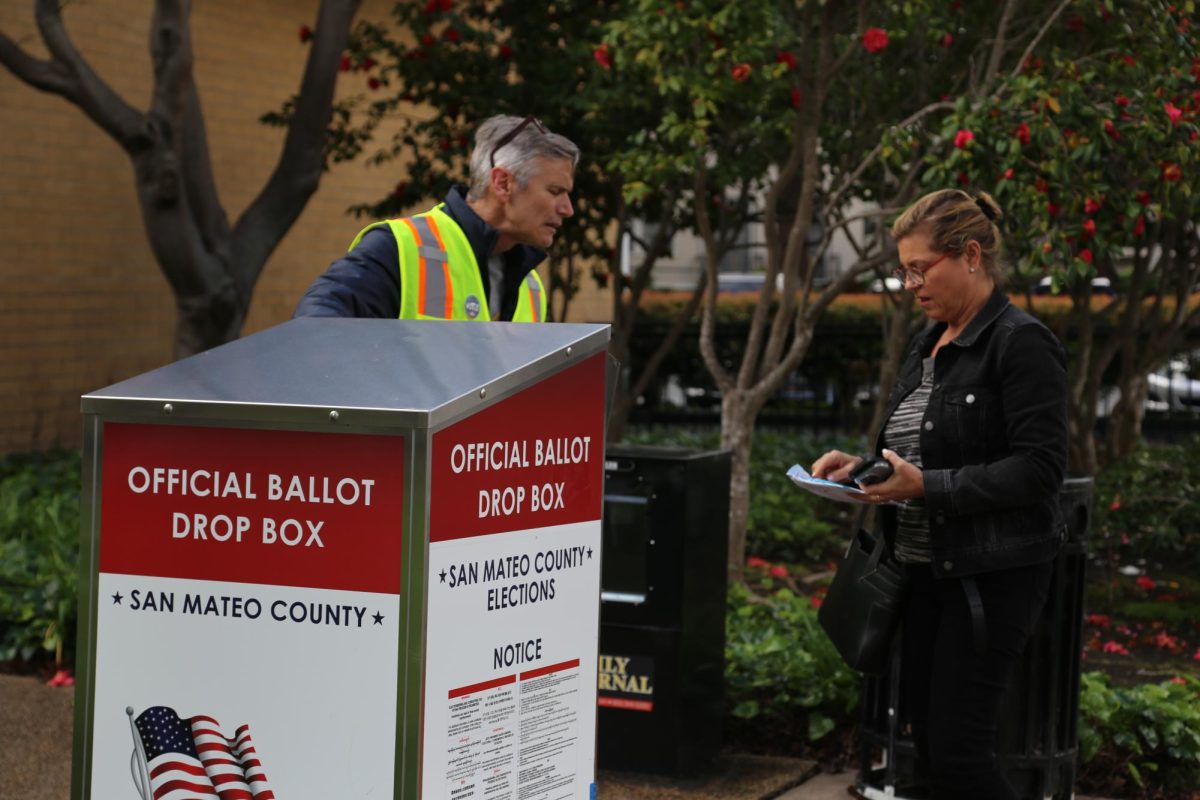



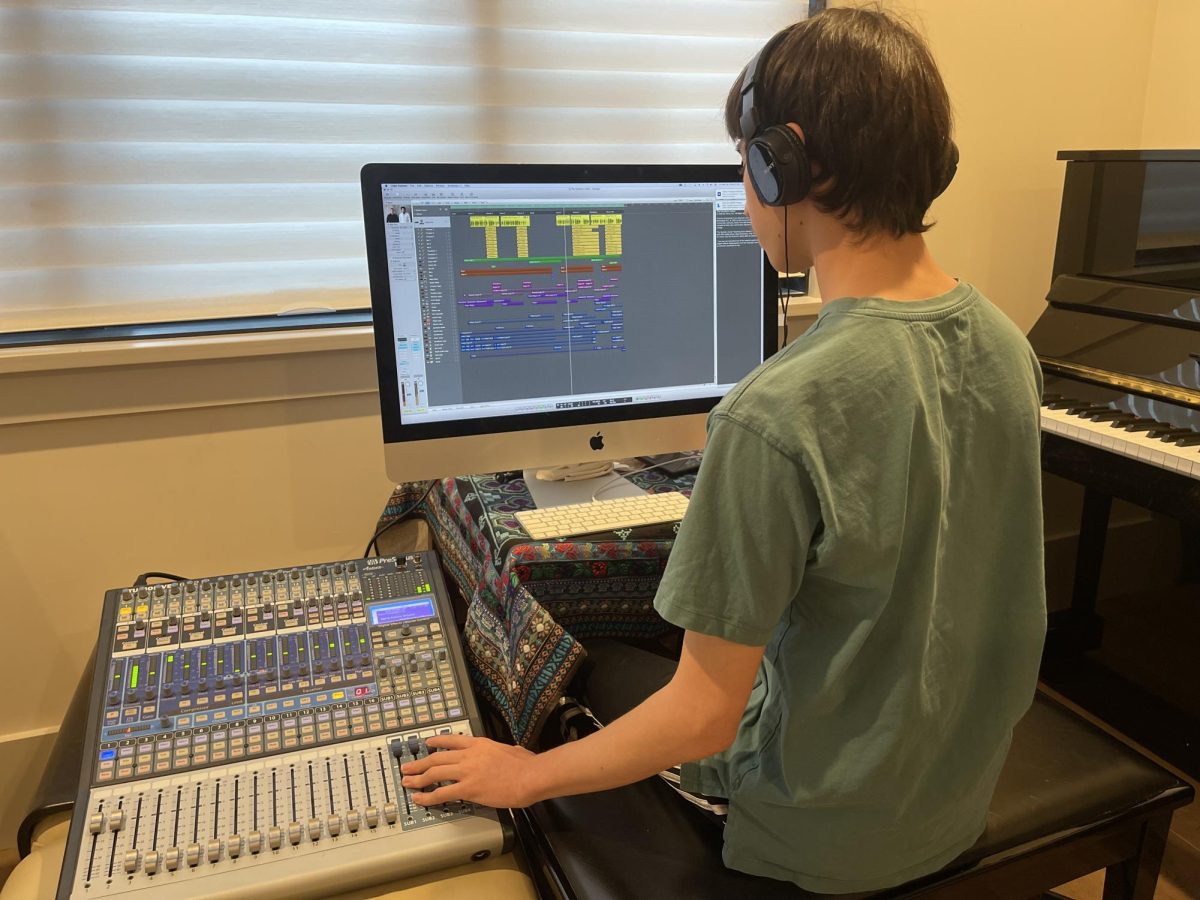












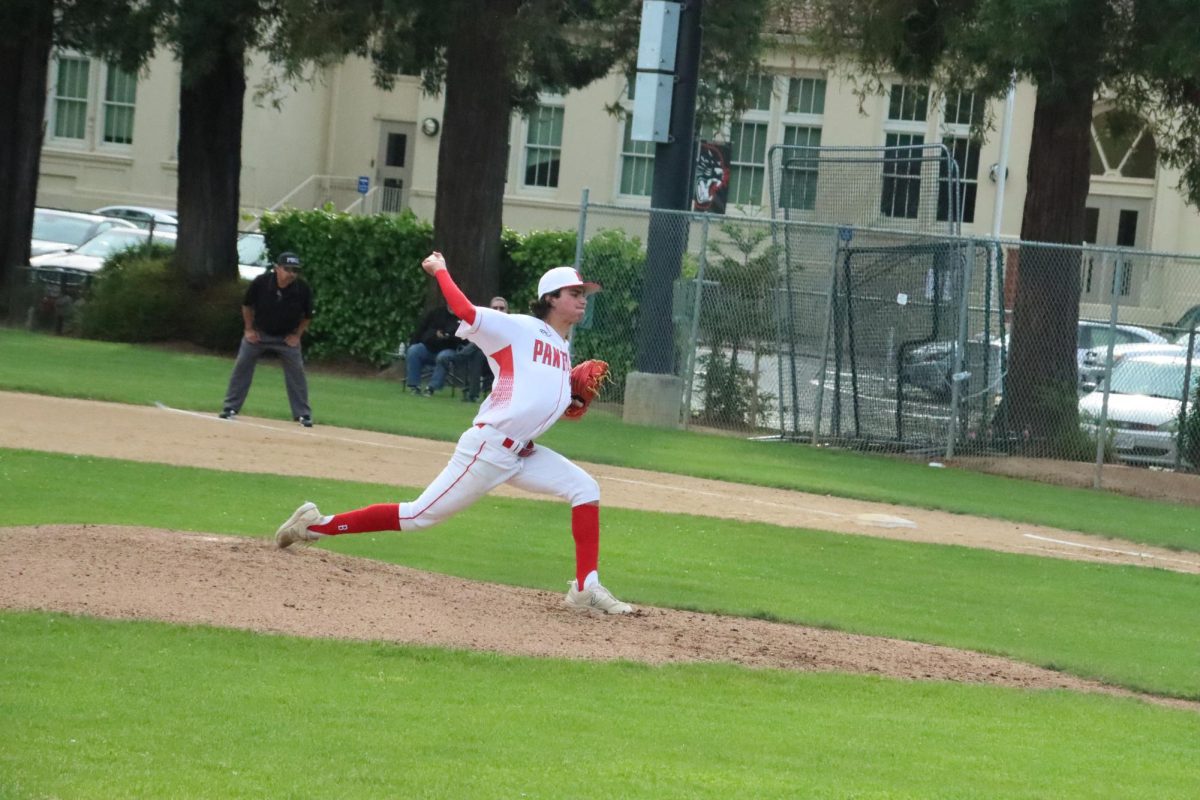
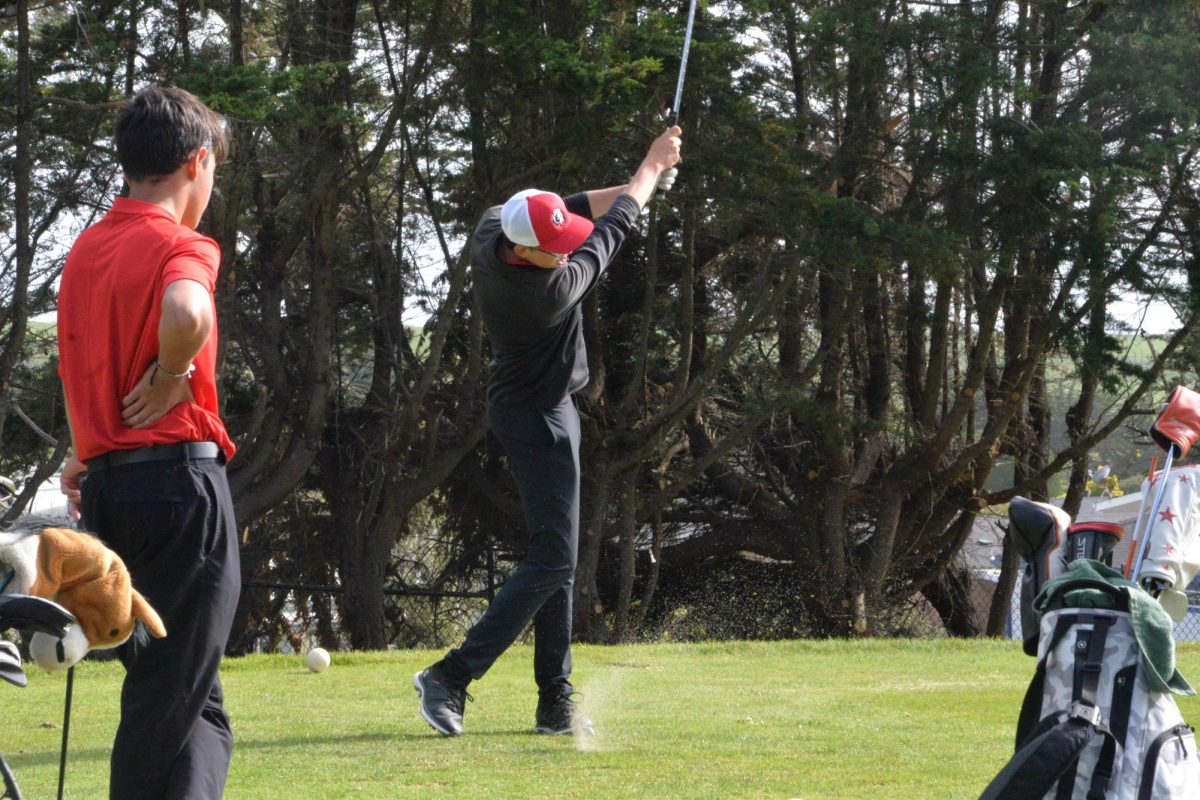
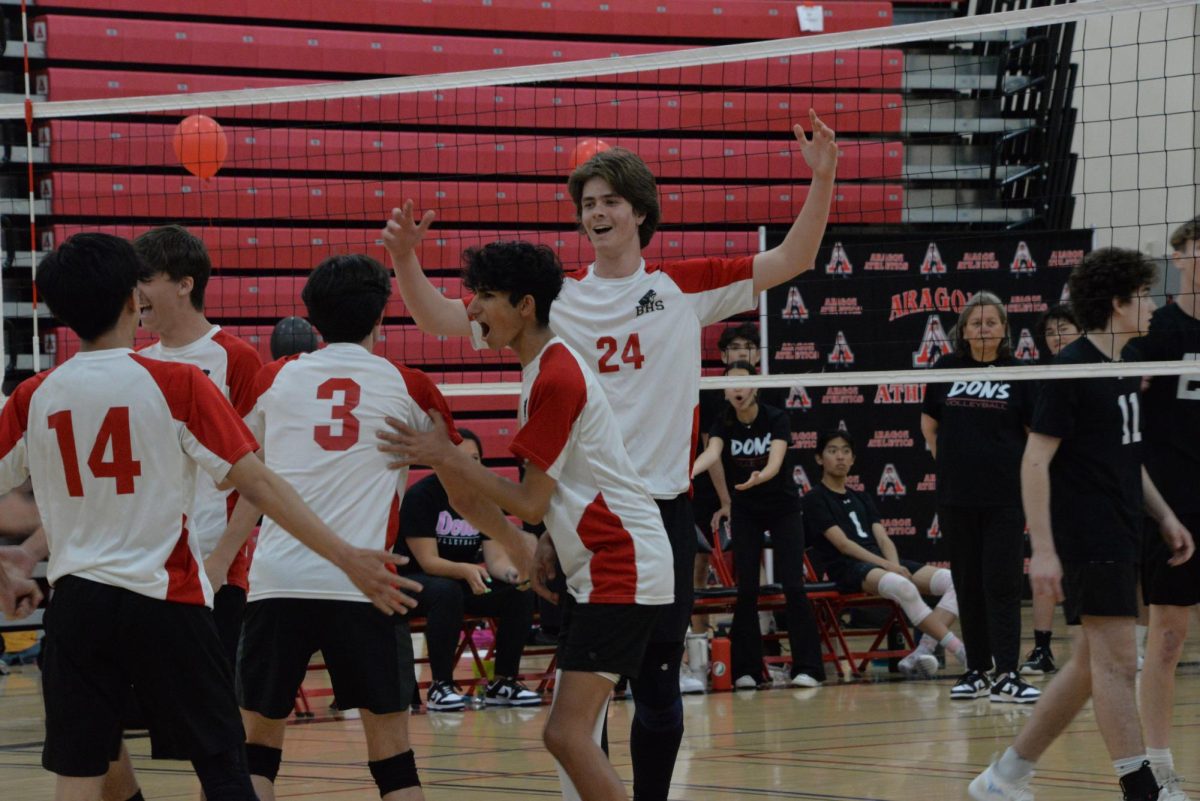

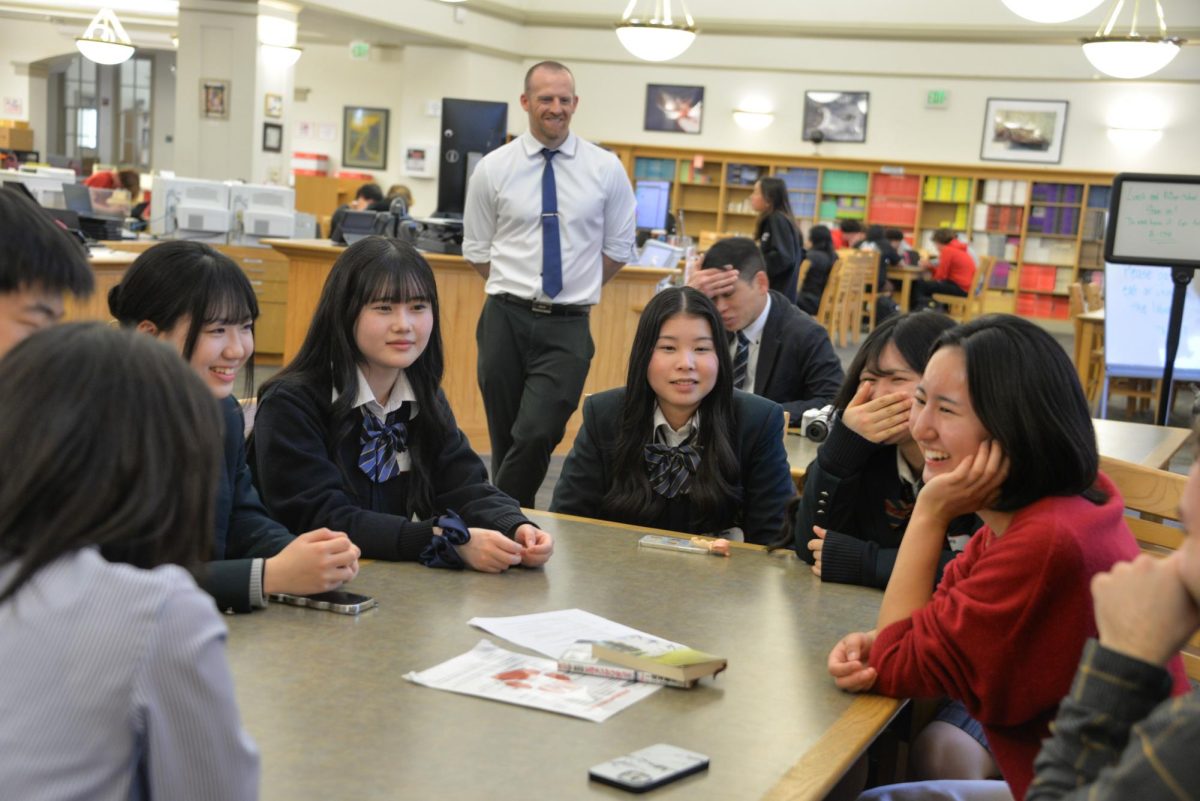
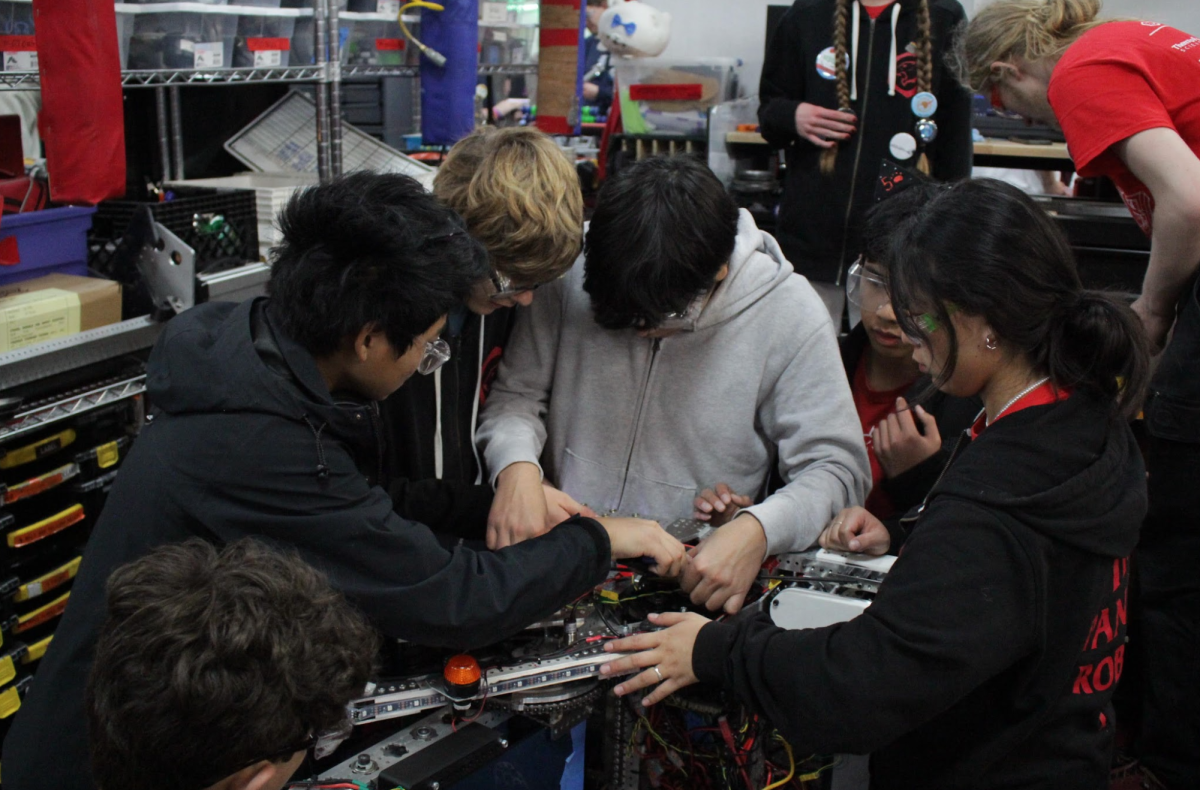
![“For me personally, I want [others] to see the music program as a strong union because we can really bring out the life of our school,” Vega said. “We need music, you know? Otherwise, things would be really silent and dead.”](https://theburlingameb.org/wp-content/uploads/2024/03/unnamed-1200x801.jpeg)


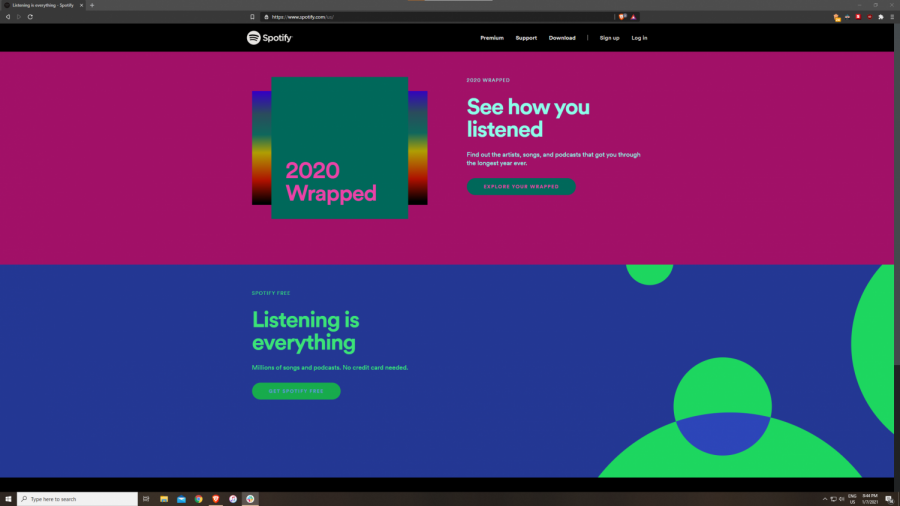





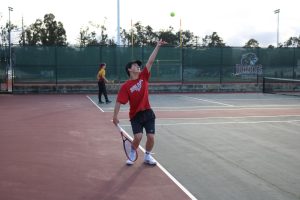

Issac Robertson • Apr 16, 2024 at 7:15 am
It’s an amazing article mate.
Rose • Nov 8, 2023 at 11:19 am
I’m doing an essay about this topic, i’m using this article for info, my mom also is a teacher at this school and does NOT approve of music in class, though I listen to music no matter what I’m doing. Like rn
Rose • Nov 8, 2023 at 11:18 am
I’m doing an essay about this topic, i’m using this article for info, my mom also is a teacher at this school and does NOT approve of music in class, though I listen to music no matter what I’m doing. Like rn
Logi • Mar 29, 2022 at 11:53 am
I listen to music no matter what I’m doing….like skimming through UR MUM JOKES.
notellinyou • Apr 8, 2022 at 8:45 am
BOY
Yourmom69 • Mar 9, 2022 at 3:31 pm
Music has helped me get my work done, it drowns out distractions. At my school we aren’t allowed to listen to music, even at my house when im doing school work i cant even listen to music because it causes “distractions” the school some how pressured my mom to not let me listen to music.
yoyo • Apr 11, 2022 at 11:33 am
Your school is dead wrong, mine doesn’t let us as well and it is the dumbest thing.
Dillen rumade • Feb 22, 2023 at 6:53 am
I have one teacher that blocks me from music so I’m taunted by everyone else wean they listen to music.
Azaylia Rodriguez • Mar 1, 2022 at 11:32 am
Music really helps me concentrate on my work, especially since I’m a 7th grader. Music might also help you calm down from anger, sadness or even stress. It’s like a tool to help achieve almost anything! I really love music myself, haha.
pz • Feb 23, 2022 at 5:26 am
it kinda helps but i am a student so i kinda need more info
erica • Feb 17, 2022 at 5:24 am
it gives me the answers i need to help me do my research project
wesley • Feb 2, 2022 at 11:37 am
love the site because it gives the information I need
Konzuto • Dec 7, 2021 at 12:50 pm
I am currently use this article for my school writing on why students should be allowed to listen to music in class/ when they are doing work. so thanks you for this.
Makayla A. • Mar 11, 2022 at 7:08 am
I am also using this as something to wright about for an assignment so thank you!
yoyo • Apr 11, 2022 at 11:35 am
So am I!
Ok • May 2, 2022 at 8:14 am
Yo same
Rose • Nov 8, 2023 at 11:20 am
me too
malaya • Dec 6, 2021 at 8:48 am
These are some great reasons why music should be allowed.This inspired me to write a persuasive essay using this evedince so thank you
Abel • Nov 10, 2021 at 10:07 am
I am making a persuasive essay on the one earbud out rule at school, I am using your website to help me with my third reason, Music causes creativity. I love art, and listening to country music always fills my head with abstract art ideas. So I agree.
maleya • Dec 6, 2021 at 9:03 am
i like abstract art to